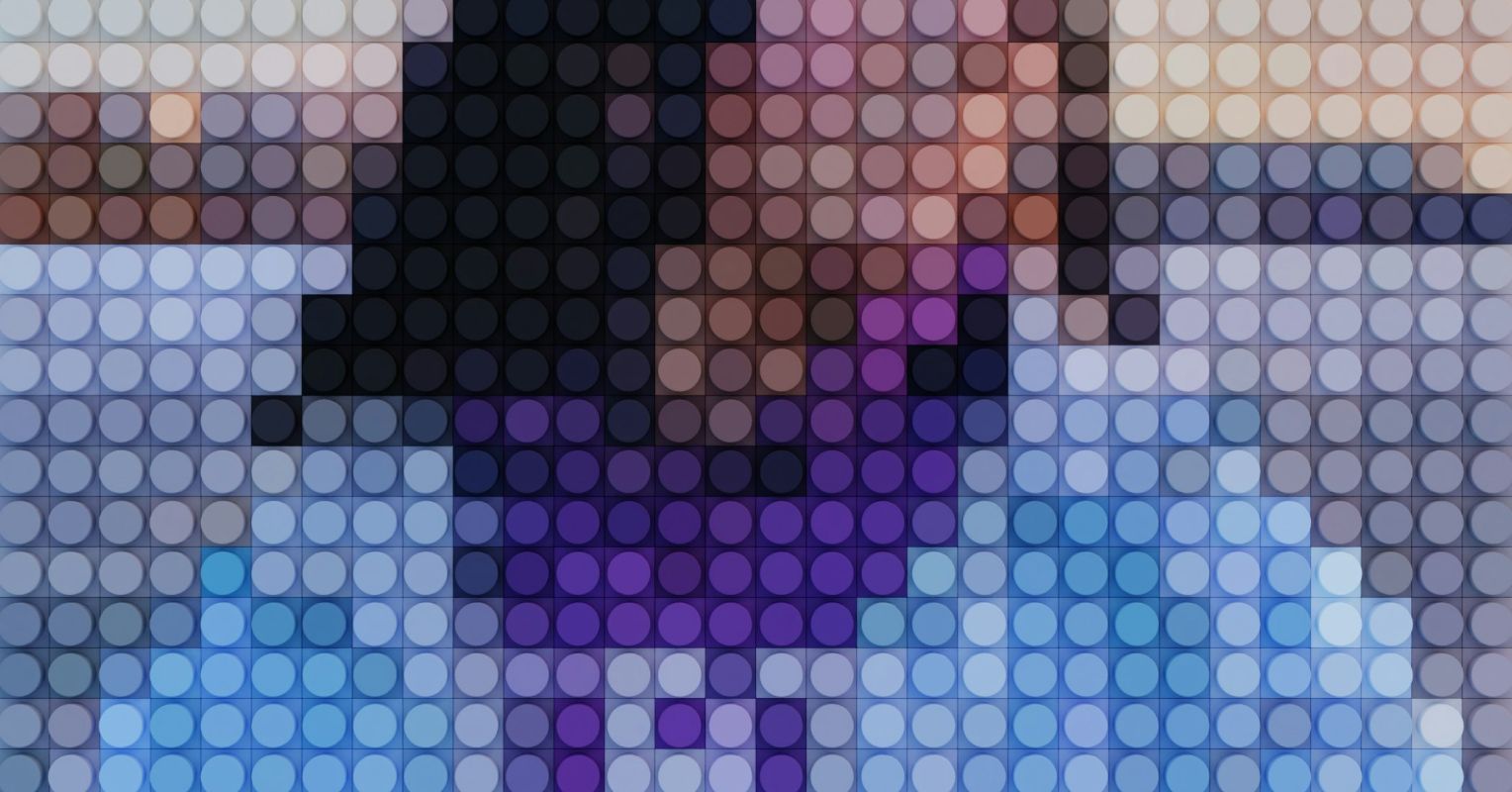
"We divide ourselves along lines of nationality, gender, sexuality, politics, race, age, religion, and any other category we can think of, believing that if we can neatly define who we are, we'll have a better sense of where we belong. The irony is that the more fiercely we argue about identity, the less grounded many of us feel in who we really are."
"In my coaching work, I define identity as a collection of beliefs and assumptions we have about who we are and how the world works. Many of the beliefs that make up an identity were acquired at a young age, when we were still discovering what got us safety and love. These beliefs helped us navigate our environment and kept us alive, but what keeps us safe at one stage can suffocate us in another."
Identity consists of beliefs and assumptions about who a person is and how the world works. Beliefs formed in childhood often provided safety and guidance but can become constraints later in life. Rigid identification with roles or achievements can limit wellbeing and recovery from stress. Leaving a C-level job revealed capacity to create meaning without a title, illustrating that identities can be remodeled. When life contradicts existing narratives of success or purpose, people face choices to revise their self-concepts. Greater flexibility in identity supports faster recovery from stress and easier adaptation to change.
Read at Psychology Today
Unable to calculate read time
Collection
[
|
...
]